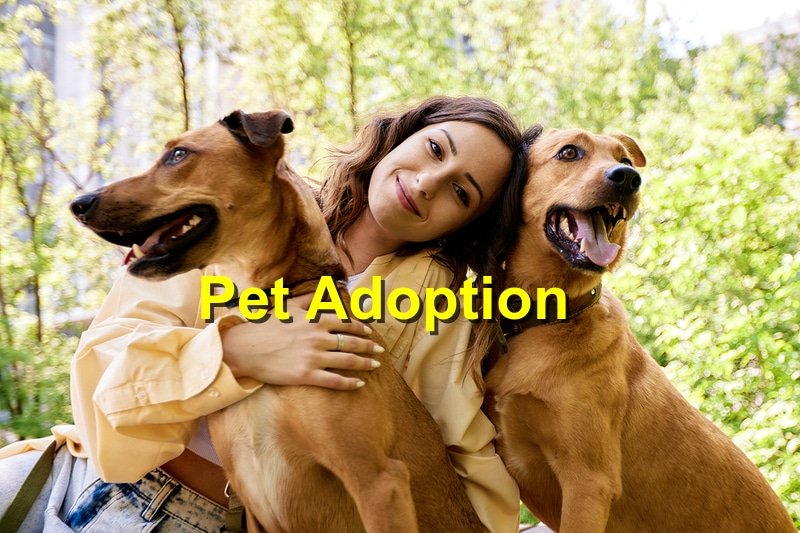The Role of Pet Adoption in Reducing Animal Homelessness

Pet adoption plays a crucial role in reducing animal homelessness by providing loving homes to animals in need and contributing to the overall welfare of animals and communities. Here's how pet adoption helps address the issue of animal homelessness:
- Rescue and Shelter Relief: Animal shelters and rescue organizations work tirelessly to provide temporary care to homeless animals. By adopting a pet, individuals directly alleviate the burden on these facilities, freeing up resources for other animals in need.
- Reducing Euthanasia Rates: Overcrowded shelters often face the heartbreaking decision of euthanizing animals due to space limitations. Adopting pets helps reduce euthanasia rates by creating space for more animals and giving them a chance to find forever homes.
- Promoting Responsible Pet Ownership: Adopting a pet involves a commitment to responsible pet ownership. Adopters are more likely to provide proper care, regular veterinary visits, and a loving environment, which reduces the risk of animals being abandoned or returned to shelters.
- Raising Awareness: Pet adoption raises awareness about animal homelessness and encourages others to consider adoption as a compassionate choice. Sharing adoption stories and the positive impact of giving a shelter animal a second chance can inspire more people to adopt.
- Matching Pets with Suitable Homes: Animal shelters and rescue organizations often assess animals' behavior, needs, and personalities to match them with compatible adopters. This helps ensure a better fit between pets and families, reducing the likelihood of pets being returned due to mismatches.
- Healthier Pet Population: Adopted pets usually come spayed or neutered, vaccinated, and microchipped. This contributes to controlling the pet population and preventing the birth of unwanted litters.
- Supporting Animal Rescue Efforts: Many animal shelters and rescues rely on adoption fees to fund their operations, including medical care, food, and facility maintenance. By adopting a pet, individuals directly support these organizations and their vital work.
- Setting a Positive Example: Adopting a pet sets a positive example for others, influencing friends, family members, and the community to consider adoption as the first choice when looking for a new furry family member.
- Creating Stronger Bonds: Animals that have experienced homelessness often form deep, lasting bonds with their adoptive families. Adopted pets show immense gratitude for their new lease on life, creating strong and meaningful relationships.
- Saving Lives: Ultimately, the most significant impact of pet adoption is saving lives. Every adopted animal means one less homeless pet, reducing the strain on shelters, increasing the chances of survival, and providing an animal with the opportunity for a happy, fulfilling life.
By adopting pets from shelters and rescue organizations, individuals not only gain loyal companions but also contribute to a larger movement of compassion and empathy for animals. Adoption is a powerful way to address animal homelessness, decrease the number of animals in shelters, and promote a more humane society for pets and people alike.
https://braseltonervet.com/?p=3931
Comments
Post a Comment